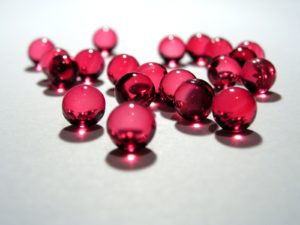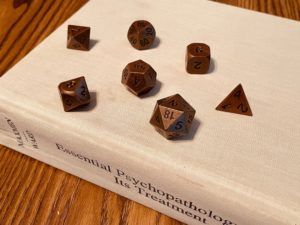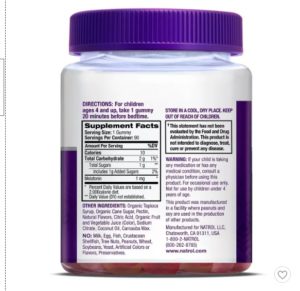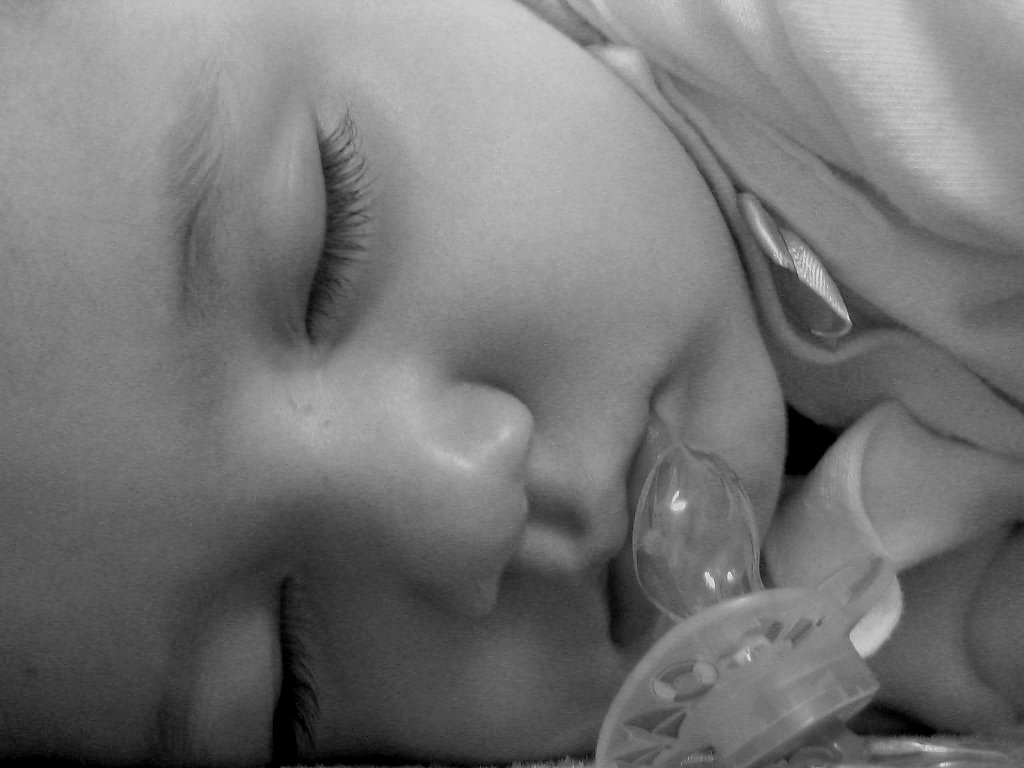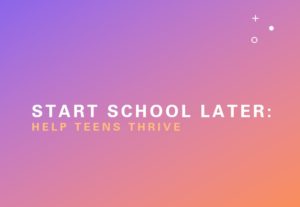
Start School Later
I know it’s been awhile since I last posted, and it’s because I’ve been working on two pretty big projects. I thought I’d announce the first one here, as it’s ready to at least begin…
Soon, I’ll be starting a public education project to share the research about the benefits of starting high school at 8:30 or later. (I even got back on Facebook for this purpose. I hadn’t been on Facebook since my 10 year old was born – HA!)
The body of research is huge and well established – teens go through (like all mammals do!) the adolescent sleep phase shift – a natural, developmental, biological delay in sleep drive and change in circadian rhythm that means they get sleepy later and become alert later. (See… you really WEREN’T just being lazy or undisciplined!) Teens also need more sleep than adults, or even older children – an average of about 9.25 hours/night!
So, asking teens to be alert for driving or school at 7:30 is really like asking adults to be alert for driving or work at 3:30am!
Research shows that delaying high school start times until 8:30 or later:
- improves academics (less tardiness, fewer absences, higher GPAs, higher standardized test scores, better graduation rates, etc…)
- improves teen physical health (healthier BMI, less obesity, less screen time, more physical activity, better dietary choices, reduced substance use, reduced risk taking, fewer accidents, fewer injuries, etc…)
- improves teen mental health (less depression, less suicidal thinking and planning, less anxiety, improved mood, better emotional regulation, better coping strategies, improved teen-family interactions)
- improves teen behavior (better decision making, less risk taking, less juvenile delinquency, fewer suspensions, better classroom behavior, less risky driving and sexual behavior, etc…)
Here, you can read a research summary that I put together specifically for my district (FBISD), but that is full of research relevant to any school district.
And here, you can watch some videos (2-12min) that I put together, fleshing out some of the research a bit more, as well as addressing myths/misconceptions and common concerns/possible solutions.
I’m still working on finishing up one other big project, and then I’ll get back to regular posts – I have tons in my mental queue, but just don’t have time to get them written out just yet.
Comment below: Do you know any additional research I’ve missed? What time did you start high school? What time do your kids start? What other concerns do you think parents/teachers/etc have? Is there anything else that deserves a video that I don’t have posted yet?


